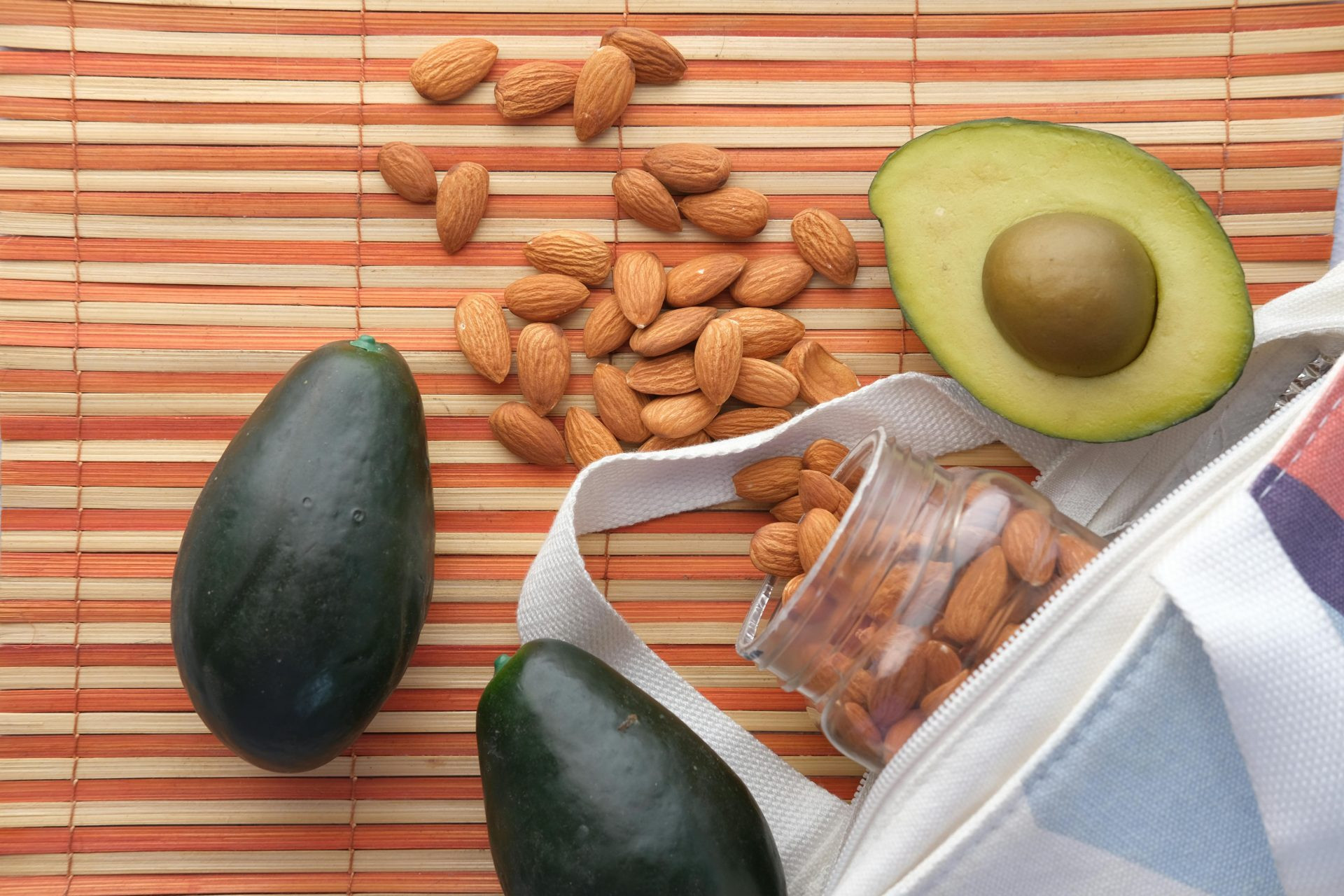Fats are an essential part of a balanced diet—but not all fats are created equal. Understanding the difference between healthy and unhealthy fats is key to making informed food choices that support heart health, energy, and overall wellbeing. If you're unsure about what fats to include or avoid, speaking with a qualified dietitian can help. At Melville Wellness Centre in Perth, our experienced Dietitian provides personalised guidance to help you make smart nutritional decisions that benefit your long-term health.
Why Do We Need Fat?
Fat is one of the three major macronutrients our bodies need to function. It provides energy, supports cell growth, helps absorb certain vitamins (A, D, E, and K), and plays a vital role in hormone production. However, the type of fat you eat can have a big impact on your health.
Healthy Fats: The Good Guys
Healthy fats are typically unsaturated and come from plant and fish sources. These fats have been shown to reduce inflammation, support heart health, and improve cholesterol levels.
1. Monounsaturated Fats
These are found in:
-
Olive oil
-
Avocados
-
Nuts (like almonds, cashews, and peanuts)
-
Seeds
Monounsaturated fats help lower "bad" LDL cholesterol while maintaining "good" HDL cholesterol levels.
2. Polyunsaturated Fats
These include omega-3 and omega-6 fatty acids found in:
-
Fatty fish (like salmon, sardines, and mackerel)
-
Flaxseeds and chia seeds
-
Walnuts
-
Sunflower and soybean oils
Omega-3 fats, in particular, are anti-inflammatory and support brain and heart health.
Working with a dietitian at Melville Wellness Centre in Perth can help you learn how to incorporate more healthy fats into your meals in a balanced and sustainable way.
Unhealthy Fats: The Ones to Limit
Unhealthy fats include saturated and trans fats, which are linked to increased cholesterol levels, inflammation, and a higher risk of heart disease.
1. Saturated Fats
Found in:
-
Fatty cuts of red meat
-
Full-fat dairy (like butter, cream, and cheese)
-
Coconut and palm oil
-
Processed foods like baked goods and pastries
While small amounts can be part of a balanced diet, it's important to limit saturated fat intake to maintain heart health.
2. Trans Fats
Found in:
-
Processed and fried foods
-
Margarines and shortening
-
Packaged snacks and baked goods
Trans fats are artificially produced and offer no nutritional benefit. They significantly increase the risk of cardiovascular disease and should be avoided wherever possible.
How a Dietitian Can Help
Navigating food labels and nutrition information can be confusing. That’s where an experienced dietitian comes in. At Melville Wellness Centre in Perth, our dietitians provide evidence-based advice to help you understand fat’s role in your diet, tailor your intake to your health goals, and develop practical strategies for healthier eating.
Whether you're managing cholesterol, diabetes, or simply wanting to improve your everyday nutrition, our Melville dietitians are here to help you every step of the way.
Final Thoughts
Fats are not the enemy—they’re a crucial part of a healthy diet. The key is to choose the right kinds and enjoy them in appropriate amounts. If you're in Melville or Perth, and looking for personalised nutrition advice, our professional dietitian team at Melville Wellness Centre is ready to support you on your journey to better health.
Visit www.melvillewellness.com.au to book an appointment or learn more about our dietitian services in Perth.
